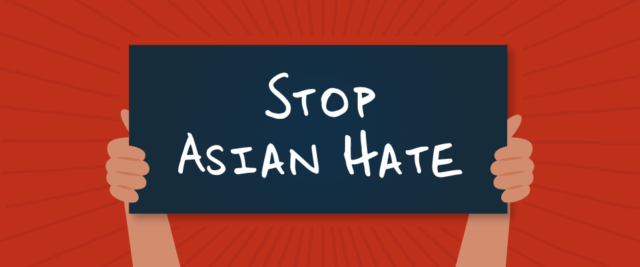FB bargaining: Team wraps up case at Public Interest Commission
The FB bargaining team presented PSAC’s arguments for compensation parity with other law enforcement agencies across Canada at Public Interest Commission hearings May 10, 18, and 20. The team also made the case – repeatedly – that there are serious problems with harassment and abuse of authority at CBSA that need to be addressed.
As per the Federal Public Sector Labour Relations Act, the FB bargaining team filed for conciliation earlier this year when it became clear that the employer was not prepared to seriously address outstanding issues, including parity with other federal enforcement agencies.
The FB team also raised the need for new rights for employees, particularly as they pertain to discipline, hours of work and telework for non-uniform personnel. Our team was clear: CBSA management cannot be trusted, and FB members need better protections.
Employer position
The employer responded to the team’s wage position by stating that it is inappropriate to compare members of the FB bargaining unit – including Inland Enforcement, Investigations, Intelligence and Border Services Officers – with other large law enforcement organizations such as municipal, provincial and federal police forces. The employer has indicated that there are no recruitment or retention issues at CBSA. The employer also asserted that FB-2s work as ‘trainees’, that management heavy-handedness is not a problem at CBSA and that telework protections for non-uniformed employees should not be included in the collective agreement.
FB members deserve parity
The FB team fiercely opposed all the employer’s claims. From skeleton staffing at ports of entry to officers being asked to handout recruitment flyers to the public at certain ports, clearly there are recruitment and retention problems at CBSA. As for comparator groups, our position is that a majority of PSAC/CIU members at CBSA are armed law enforcement personnel, and that compensation and other rights need to reflect this reality.
FB members have been on the front lines of the pandemic for more than 14 months. Our members have worked to keep Canada’s borders secure and Canadians safe, and deserve to be treated with respect by the employer.
Next steps
The PIC will now provide its recommendation based on the hearings. Unlike arbitration, the recommendation is non-binding. While the legislation provides for the PIC to issue its recommendation within 30 days of the hearing, the chair may extend that timeline.
National town halls
As we prepare for the PIC recommendation, it’s important to get up to speed on the key issues at the table and learn more about the next steps in our mobilization efforts.
PSAC-CIU will be holding additional virtual town hall where you’ll hear from Customs and Immigration Union (CIU) National President Jean-Pierre Fortin and PSAC national negotiator Morgan Gay who will provide important information and insight into the bargaining process, the Public Interest Commission, and our key demands at the table. You’ll have an opportunity to ask questions or raise concerns at the end of the meeting.
French FB town hall
May 26, 6 p.m. EST
Register now
English FB town hall
May 27, 6 p.m. EDT
Register now
This article has also been posted on the PSAC website.







